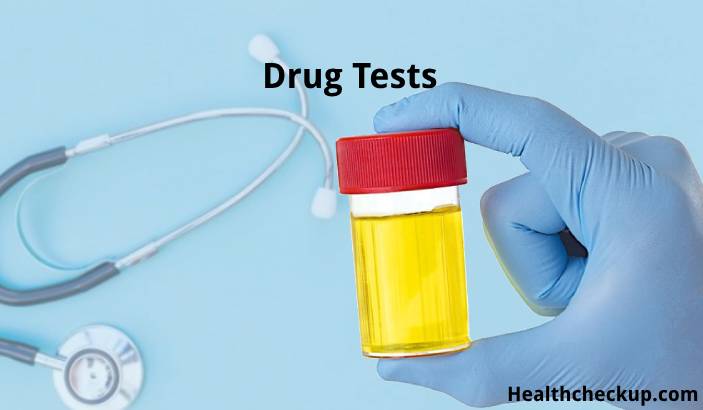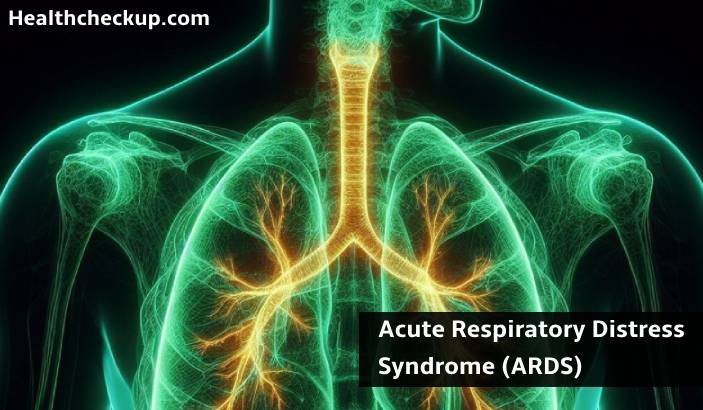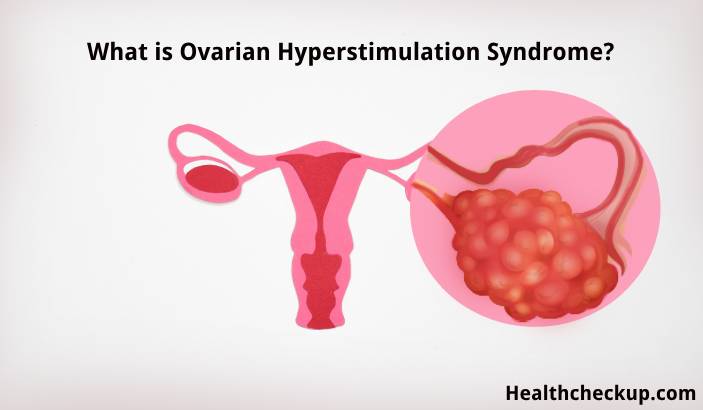Drug tests are a common requirement in various settings, including employment screening, medical treatment, and legal or forensic investigations. These tests can detect the presence of illegal drugs, as well as the misuse of prescription medications.
Purpose of Drug Testing
- Employment Screening: Many employers require drug tests to ensure a safe and productive workplace. Testing can occur pre-employment, randomly during employment, or after an accident.
- Medical Diagnosis: Healthcare providers may use drug tests to diagnose substance abuse problems, monitor prescription medication levels, or evaluate treatment efficacy.
- Legal and Forensic Purposes: Drug tests can be used in legal settings to determine substance abuse in cases of custody battles, DUI incidents, or probation compliance.
- Sports and Athletics: To ensure fairness and safety in sports, athletes are often required to undergo drug testing to check for performance-enhancing drugs or other banned substances.
Preparation for a Drug Test
- Know the Substances Being Tested: Understand what types of substances will be screened (e.g., amphetamines, cannabinoids, cocaine, opiates).
- Medication Disclosure: Inform the testing authority about any prescription or over-the-counter medications you are taking, as some can affect test results.
- Diet and Hydration: Follow any guidelines provided regarding food and liquid intake prior to the test.
- Avoid Contamination: Be careful to avoid foods or products that might lead to false positives, such as certain poppy seeds or hemp products.
Procedure of Drug Testing
- Sample Collection: The type of drug test conducted will dictate the kind of sample collected:
- Urine Tests: The most common method, requiring individuals to provide a urine sample in a controlled setting to prevent tampering.
- Blood Tests: These provide a more detailed analysis but are more invasive.
- Hair Tests: Hair samples can show drug use over a longer period, up to 90 days.
- Saliva Tests: Less invasive and easier to administer than blood tests, saliva tests are useful for detecting recent drug use.
- Sweat Tests: Participants wear a patch that collects sweat over a period of weeks; this method is less common.
- Handling and Analysis: Samples are handled according to strict chain-of-custody procedures to prevent tampering or mistakes. They are then analyzed in a lab to detect the presence of drugs or their metabolites.
Results of Drug Testing
- Negative Result: Indicates that no drugs were detected at the level above the established cutoff levels.
- Positive Result: Means that drugs were detected above the cutoff levels. A positive result typically undergoes a confirmation test to rule out any false positives.
- Inconclusive/Invalid Result: Occasionally, a test may come back inconclusive or invalid, requiring a retest.
Risks Associated with Drug Testing
- Privacy Concerns: Handling and storage of biological samples must protect patient confidentiality, and breaches can pose significant privacy risks.
- False Positives: Certain medications and foods can trigger false positives, leading to unfair consequences unless adequately addressed.
- False Negatives: Attempts to cheat the test, such as diluting urine samples or using adulterants, can result in a false negative.
- Legal and Social Implications: Positive test results can have serious legal, employment, or personal consequences.
Drug testing is a valuable tool in various professional, legal, and medical settings, offering insights into individual drug use that can impact safety, health, and fair competition. Whether for routine screening or specific legal matters, understanding the full scope of drug testing—from the preparation and procedure to accurately interpreting the results and acknowledging the risks—is essential for anyone undergoing or administering the tests. By ensuring that drug tests are conducted and processed correctly, individuals and organizations can make informed decisions based on reliable, accurate data.
I specialize in writing about health, medical conditions, and healthcare, drawing extensively from scientific research. Over the course of my career, I have published widely on topics related to health, medicine, and education. My work has appeared in leading blogs and editorial columns.









